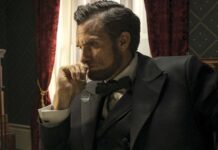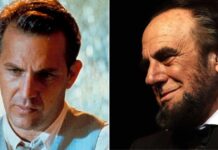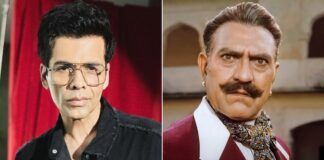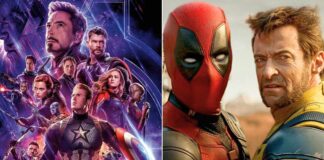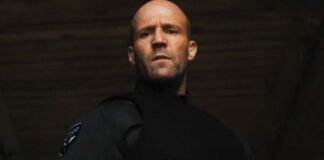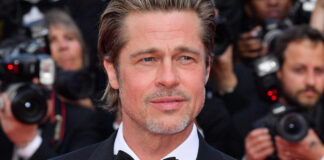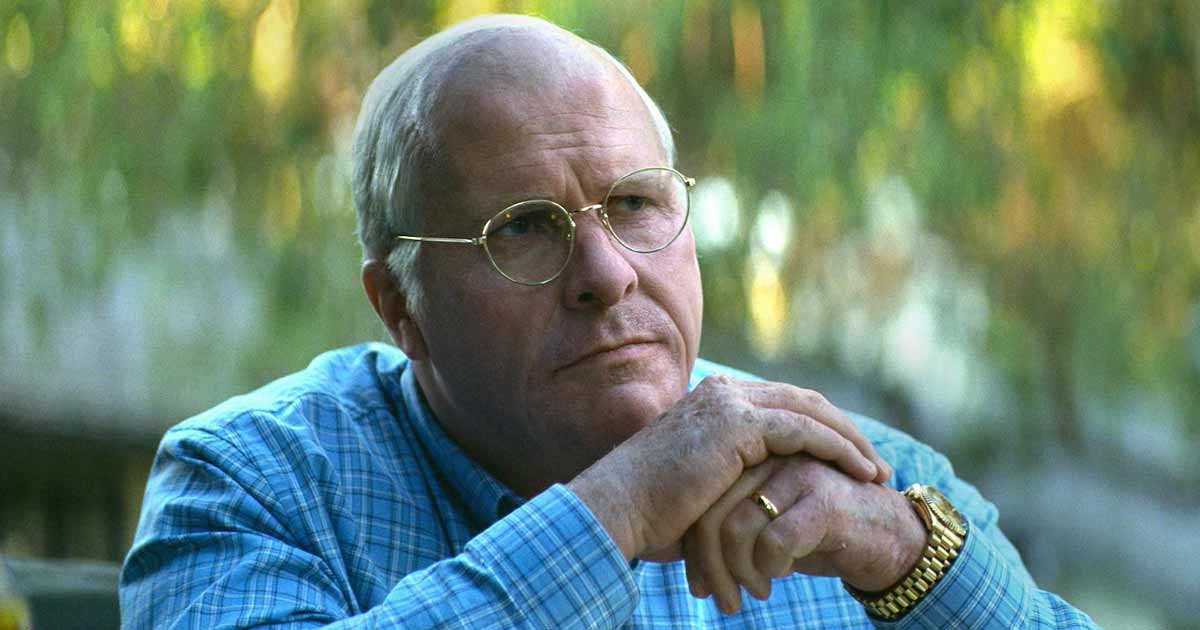
Hollywood has given us an unmatched array of presidential portrayals when it comes to the representation of U.S. Presidents in cinema. Whether they are based on history or fiction, these works frequently feature powerful, tragic, triumphant, and high-stakes narratives. These films, which range from unvarnished and meticulously accurate biopics to gripping action flicks, provide audiences with a wide range of emotions while highlighting the difficult obstacles these legendary leaders had to overcome.
We’ve carefully chosen a list of the top presidential films from these abundant cinematic options, covering everything from critically acclaimed masterpieces to fervent popular favourites. While some are fictional narratives that place them in remarkable settings and cast them as action heroes, others are factual stories that provide an in-depth look into their time in office.
Nixon (1995)
In Nixon, Anthony Hopkins plays former US President Richard Nixon, and the film explores his personal and political life. In the movie, the president is shown as having many flaws but as intelligent, multifaceted, and admirable.
The movie will give viewers all the information they need to know about the controversial president thanks to a few dramatic sequences and artistic flourishes by the renowned Oliver Stone, the director of Platoon. In addition, Sir Hopkins provides us with a deep, impactful performance that does more than merely project an image—instead, it shapes a man.
Trending
Primary Colors (1998)
This movie portrays Bill and Hilary Clinton’s ascent to the presidency rather accurately, despite the actors’ names being made up. Primary Colors chronicles Jack Stanton’s (John Travolta) political campaign and the path it takes to win for the Democratic Party, as told from the perspective of young Henry Burton (Adrian Lester).
This film explores the realities of political life in a lighthearted, observant, and incredibly intelligent manner. Furthermore, any critical audience can be readily satisfied with Travolta and Emma Thompson’s remarkable on-screen chemistry and clever performances in this Mike Nichols film. The film also features a few well-chosen comedic moments that help to ease the tension.
Thirteen Days (2000)
Thirteen Days chronicles the Kennedy administration’s October 1962 efforts to maintain control of the Cuban Missile Crisis, one of the most infamous episodes in American history. The 1997 book The Kennedy Tapes: Inside the White House During the Cuban Missile Crisis by Ernest R. May and Philip D. Zelikow served as the basis for the movie.
The film’s clear, uninteresting tone fits the plot, which is more factual and speculative than action-packed. Bruce Greenwood’s portrayal of President Kennedy is particularly intriguing; he gives a complex performance that may be the best in the film.
Lincoln (2012)
The 16th President of the United States, Abraham Lincoln, is portrayed by Daniel Day-Lewis in Steven Spielberg’s 2012 biographical historical drama Lincoln. The film was inspired on Doris Kearns Goodwin’s 2005 book Team of Rivals: The Political Genius of Abraham Lincoln.
Lincoln recounted the events of the last four months of Abraham Lincoln’s life, concentrating on his efforts to pass the Thirteenth Amendment to the US Constitution by the House of Representatives in January 1865, ending slavery and forced labour. The movie is undoubtedly deep, smart, and true to the changing trends of real-world administration. It also won two Oscars, one of which went to Day-Lewis for Best Actor in a Leading Role.
Hyde Park on Hudson (2012)
From a lighter point of view, Hyde Park on Hudson tells the story of Franklin D. Roosevelt’s romantic relationship with his distant cousin Margaret “Daisy” Suckley. This whimsical tale, set in 1939, revolves around the time of the King and Queen’s visit to New York.
The movie is hilarious, realistic, historical, and immensely entertaining, with Bill Murray playing President Roosevelt in a charming and skillful manner. The entire cast does a fantastic job of bringing the movie to life, but Laura Linney, who plays Daisy so elegantly and gracefully, gives the character so much nuance and individuality, stands out.
LBJ (2016)
The main subject of LBJ is the life of former President Lyndon B. Johnson, who teamed up with John F. Kennedy, became president, and fought for civil rights in the 1960s. With Woody Harrelson playing the title role, this Rob Reiner-directed movie provides a fascinating viewpoint on this significant juncture in American history.
In a nuanced performance, Harrelson captures how Lyndon Johnson felt the weight of the world on his shoulders yet, for the most part, responded to the occasion in commendable ways. Perhaps Rob Reiner’s best film since The American President in 1995, LBJ showed skill and energy while hinting that he might still have some fascinating political experiences to share.
Barry (2016)
In Vikram Gandhi’s Barry, Devon Terrell plays the future 44th president in a fictionalized account of Barack Obama’s first term as a Columbia University student in the early 1980s. The movie is less of a portrayal of the man’s eventual political career and more of a story of a young man navigating a weird and difficult environment.
As Barry, Terrell delivers a charming performance, taking the initiative with genuine joy and humanity. Furthermore, the movie works well on its own as a character study of the difficulties of being bi-racial, especially in the highly specific environment of Columbia University. Barry can thus impart to audiences the importance of nuanced cultural references in biopics.
Vice (2018)
Following Vice President Dick Cheney on his ascent to become the most powerful vice president in American history, Vice relates stories of the George W. Bush administration and the roles Cheney played in shaping the country’s current state. Christian Bale, who won the Oscar, played the part of Cheney.
Over the course of the two hours, Bale deftly navigates through Cheney’s evolution with perfect posture, body language, and icy and friendly eye contact. With his own cinematic style and lofty ambitions, Adam McKay delivers a powerful return after the success of The Big Short. The film’s opening minutes are sure to impress even the most discerning of audiences.
Must Read: 8 Comedy Shows To Watch If You Loved Young Sheldon
Follow Us: Facebook | Instagram | Twitter | Youtube | Google News



 Follow Us
Follow Us


